LAVO, a Sydney-based startup which garnered much excitement from its claim to have the world’s first residential and commercial hydrogen batteries, exhibited with a new focus at the All-Energy trade show in Melbourne last week.
LAVO Life, the company’s latest offering, promises to provide renewable energy ecosystems to Australian households who can’t afford the upfront cost.
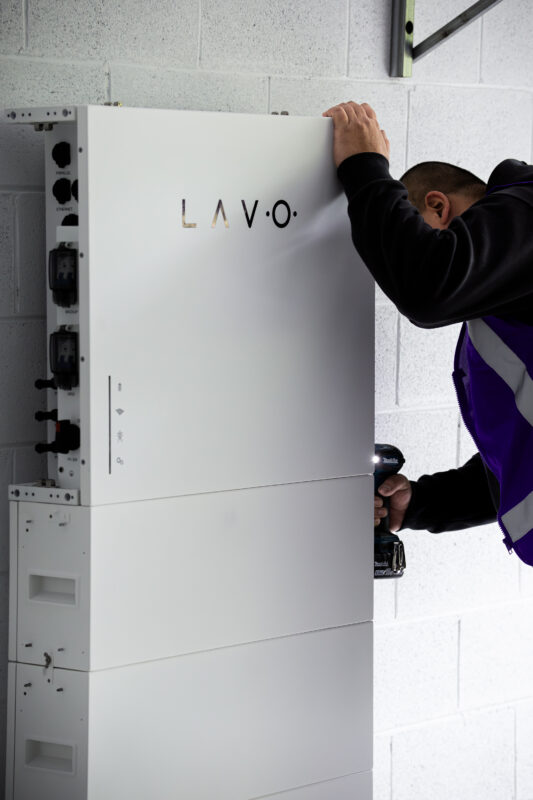
Dubbing the model ‘Energy-as-a-Service,’ LAVO proposes customers install 10 kW of Yingli solar, a hybrid 13.3 kWh lithium LAVO battery and an EV Charger at no upfront cost, instead paying back the system via monthly instalments over 10 years, similar to a mobile phone plan.
The company says it can size and cost its systems, which it will also maintain, to ensure customers pay the same or less than their current electricity bills in majority of scenarios. At the end of 10 years, those customers are expected to own the rooftop solar and home battery system outright.
While the LAVO Life package is overall focussed on family homes, the company will also offer a system with slightly less capacity, at 6.6 kW of rooftop solar coupled with a hybrid 10 kWh battery and 5 kW inverter product.
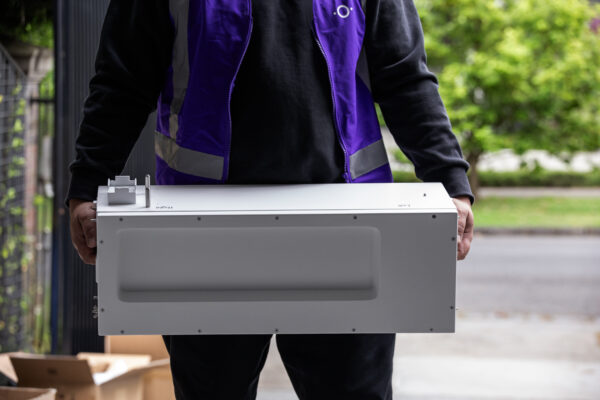
The company soft launched the LAVO Life concept at All-Energy, and is currently only taking expressions of interest from potential customers. The company has not yet committed to a full market launch date, but Chief Technology Officer Michael Huang told pv magazine Australia that the ambition is to see megawatt-scale installations in 2024.
Nitty gritty
LAVO’s product contribution to this new system comes in the form of battery storage, though it is not hydrogen-based. In fact, the company is opting for lithium iron phosphate or LFP battery technology, using CATL cells. LAVO’s product line comes in two durations, the LAVO S2 at 10.2 kWh and the LAVO S4 at 13.3 kWh.
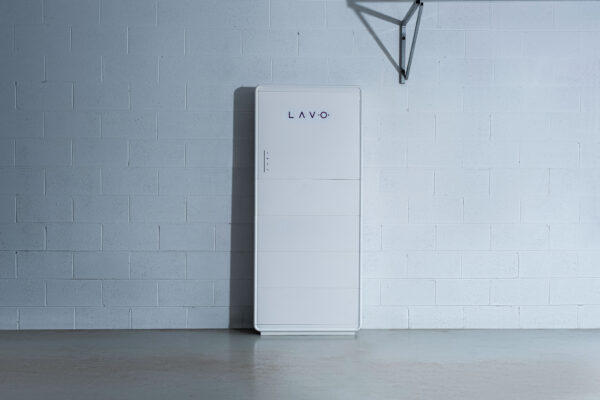
Image: LAVO
Yingli is set to provide the solar panels in the LAVO Life system, offering its 440W N-Type solar modules. The two companies shared their flashy booth at All-Energy, which was titled LAVO x Yingli.
Less is known about the electric vehicle (EV) charging component in the system, with the online data sheet saying simply that it will come with an “AC EV Home Charger Charger C7/C11.”
The rollout of LAVO Life will be done in partnership with retailer Diamond Energy, though the company is aiming to recruit additional retailers in future.
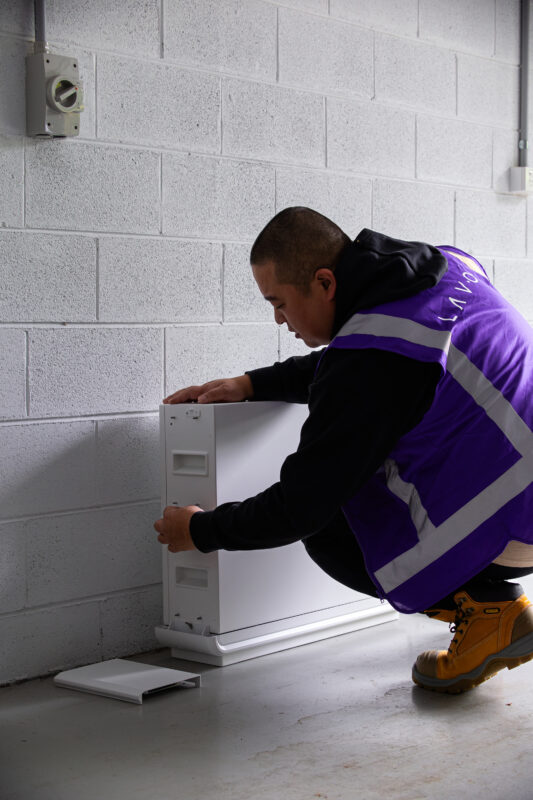
The east coast of Australia, that is Queensland, New South Wales and Victoria, are set to be the first regions with access to LAVO Life, with South Australia, Western Australia and the Northern Territory only to be rolled out later.
Exactly how this Energy-as-a-Service model will be financed is a little hard to pin down. It is not clear at this stage if it will be financed through separate private backing only or will involve support from each of the partner companies. Currently, the customer contracts are set to run for 10 years, but will have an early-exist option if customers are willing to pay off their system early, as you might a mobile phone.
LAVO Life is currently in testing with a representative saying the first system was installed in Concord, Sydney in October. Further trial systems are set to be installed over November.
The model will also involve a rewards program where customers will be able to earn product rewards by shifting their energy use to off-peak periods, essentially changing their energy use behaviours. The system will also integrate with an AI (artificial intelligence) to help educate and keep customers on this path.
The company did not reveal details about the specific product rewards to be offered, but said a key Australian airline is looking at tying the system in with its frequent flier points program.
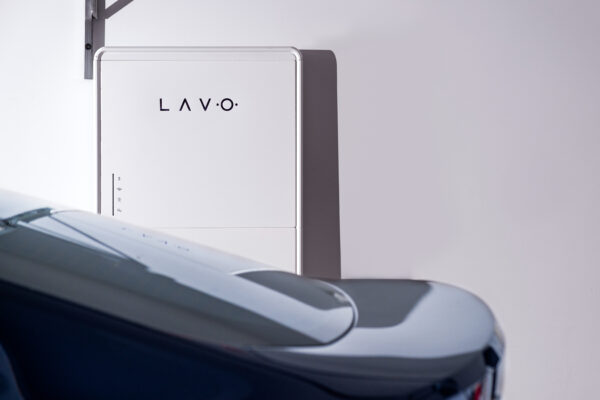
A brief update on LAVO’s hydrogen batteries
LAVO is still working on its hydrogen battery technology, with staff saying both the residential and utility-scale hydrogen batteries remain “in trials” at the moment.
This content is protected by copyright and may not be reused. If you want to cooperate with us and would like to reuse some of our content, please contact: editors@pv-magazine.com.
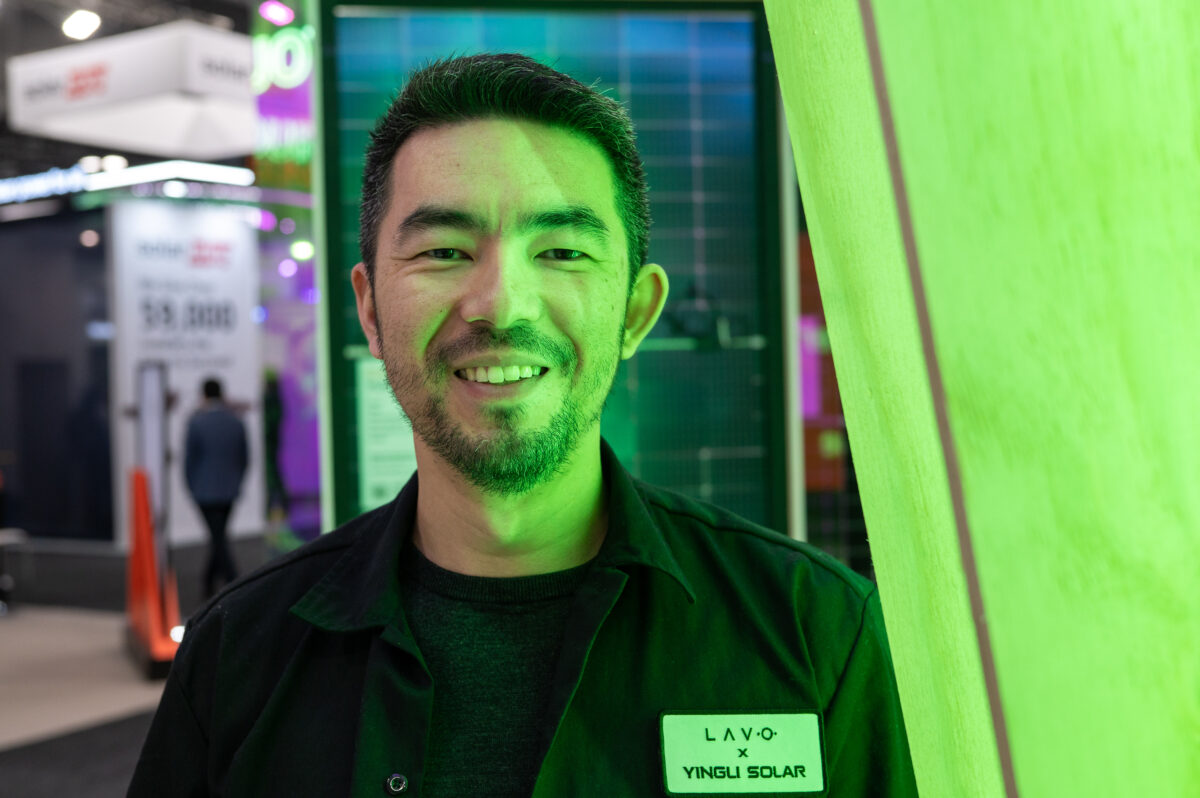



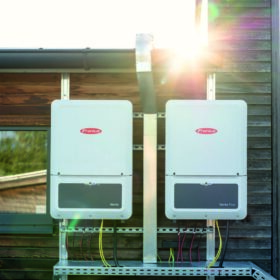


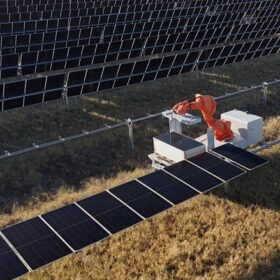

By submitting this form you agree to pv magazine using your data for the purposes of publishing your comment.
Your personal data will only be disclosed or otherwise transmitted to third parties for the purposes of spam filtering or if this is necessary for technical maintenance of the website. Any other transfer to third parties will not take place unless this is justified on the basis of applicable data protection regulations or if pv magazine is legally obliged to do so.
You may revoke this consent at any time with effect for the future, in which case your personal data will be deleted immediately. Otherwise, your data will be deleted if pv magazine has processed your request or the purpose of data storage is fulfilled.
Further information on data privacy can be found in our Data Protection Policy.